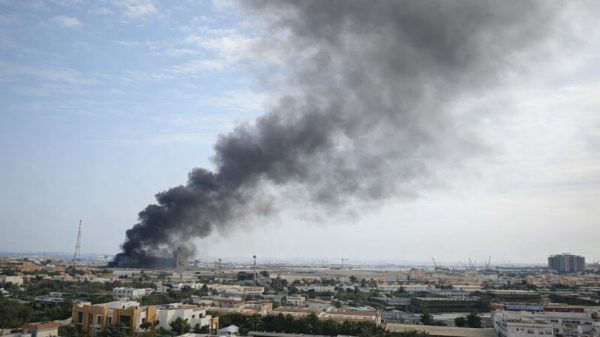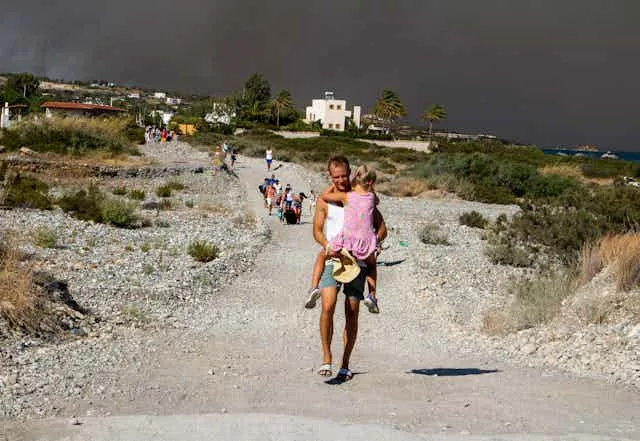As Europe braced itself for a brutally hot week, Italian health officials issued a series of recommendations to protect vulnerable populations, including the elderly, the sick, and pets. With temperatures expected to soar above 40C (104F), authorities urged people to stay indoors during peak daylight hours, drink at least 1.5 liters of water daily, and refrain from strenuous exercise. The high-pressure anticyclone, dubbed Cerberus, was the primary culprit behind the extreme heat wave, expected to last until Wednesday.
The heat wave, the third in a month, is expected to affect much of the Mediterranean, with Rome experiencing temperatures as high as 39C (102F) on Monday afternoon. The Italian capital is expected to be even hotter on Tuesday, with several other cities, particularly in Sardinia and Sicily, also bracing for extreme heat. Power outages have been reported in parts of Rome as electric grids struggled to meet the increased demand for air conditioners.
The extreme temperatures have taken a toll on livestock, with Italian farm lobbying group Coldiretti warning about the plight of domestic and farm animals. Cows, for example, are producing around 10% less milk due to the heat. In Spain, a wildfire that started on Saturday on the Canary island of La Palma continued to burn out of control on Monday, although authorities reported that weaker winds and cooler temperatures have helped firefighters combat the blaze.

Searing Heat Envelops Mediterranean Regions
The heat wave has also affected Greece, where temperatures dropped on Monday, allowing the ancient Acropolis and other sites to reopen. However, two wildfires threatened homes in areas outside Athens, where strong winds made it difficult for firefighters to contain the flames. The Greek National Road Authority issued a heat alert for most of southern Greece, including greater Athens, with temperatures expected to rise again starting on Thursday.
The southern Mediterranean was not alone in suffering from the heat wave. Authorities in North Macedonia extended a heat alert for the next 10 days, with temperatures expected to top 43C (109F). Kosovo authorities also issued heat warnings, with a 22-year-old student in Pristina describing the heat as unprecedented. As the region bakes in the extreme temperatures, authorities and residents alike are taking precautions to stay safe.
Anthropogenic climate change has been linked to increased frequency and intensity of heat waves in regions like the Mediterranean. As the global climate continues to warm, it is essential that governments and individuals take proactive measures to mitigate the impacts of these extreme weather events.











































